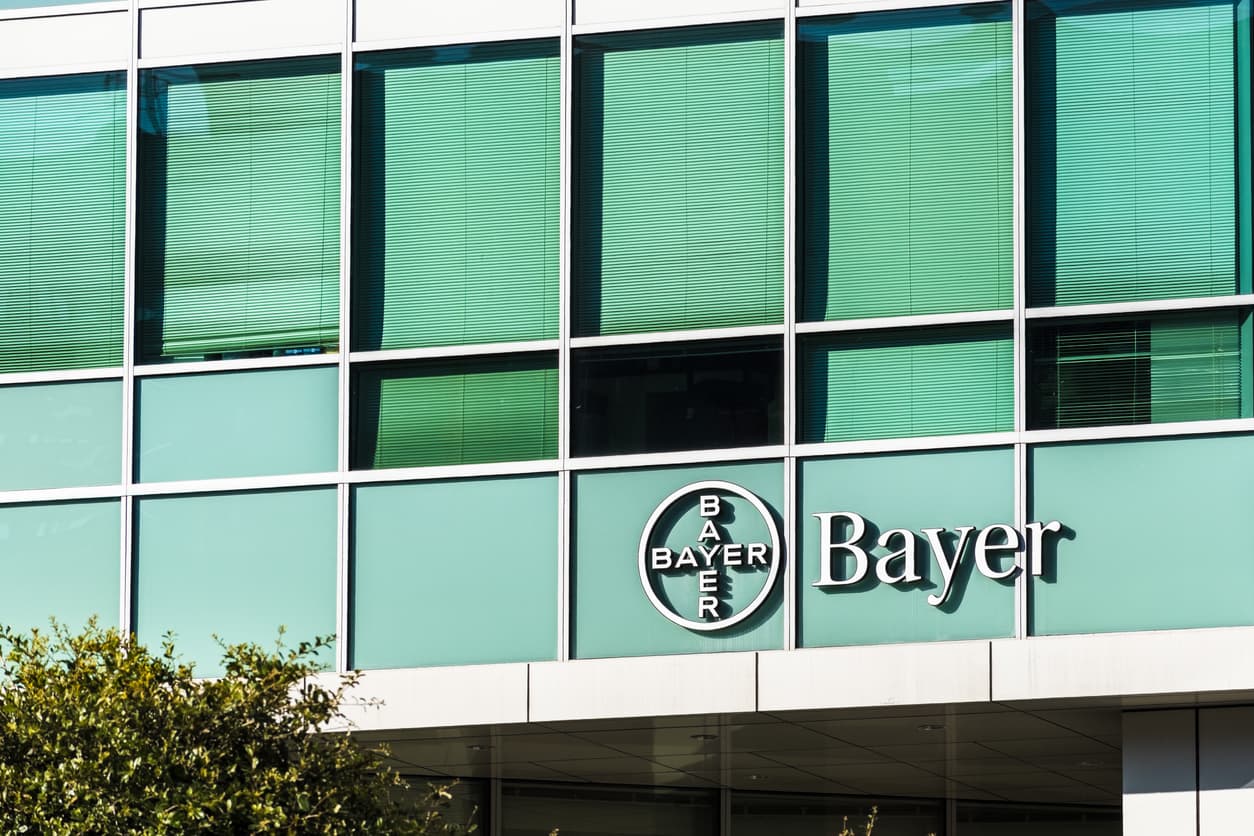
Roundup® Lawsuit Update
July 8, 2020
As Bayer® is aggressively pushing for a settlement deal to end future Roundup® lawsuits, there may not be much time left for potential claimants to step forward. Read our blog to learn the newest developments in the ongoing Roundup® controversy and the legal battle against its manufacturer.
Over the years, the Monsanto Company, later acquired by Bayer®, has been no stranger to controversy. From Agent Orange to genetically modified or GMO crops, the American agrochemical and agricultural giant has been directly involved in some of the fiercest debates of the last few decades. This has led to successful litigation against the company; at times, the controversies even stirred relentless public outcry and massive protests around the globe.
As the world enters the third decade of the 21st century, the now 119-year old company continues to be marred by controversy and plagued by legal action. We have already reported on Monsanto-related lawsuits twice on this blog.
In April 2019, we reported on a high-profile case in which the company was ordered to pay $80 million in damages to a California resident. The jury of that trial felt that there was enough evidence to support the plaintiff’s allegations that regular exposure to Roundup®–a popular weed killer and one of Monsanto’s flagship products–had led to his developing cancer.
Then, in September the same year, we mentioned in our blog that Bayer® was involved in talks to settle more than 18,400 lawsuits likewise alleging the Roundup®-cancer link.
Since then, the controversy involving Roundup® and the resulting legal action against Monsanto has only gained momentum. In this blog, we provide a brief update to the ongoing Roundup® lawsuits and will remind you of the legal steps that may be taken if you feel that your health may have been adversely affected by long-term Roundup® use.
Does Roundup® Cause Cancer?
Roundup® is a widely-used herbicide, or weed killer, with the main ingredient of glyphosate, a potent chemical. In recent years, glyphosate’s possible harmful effects on humans have been highly publicized. For example, in 2015, the World Health Organization declared glyphosate to be “probably carcinogenic to humans” which means that it may cause cancer.
In 2017, California lawmakers decided to include Roundup® in the list of dangerous substances in Proposition 65, also known as the Safe Drinking Water and Toxic Enforcement Act of 1986. Under this law, businesses must inform citizens about potential exposure to glyphosate. Meanwhile, a few scientific studies have found “a compelling link” between high exposure to glyphosate-based herbicides and a certain rare and dangerous category of blood cancers called Non-Hodgkin Lymphoma.
However, both the legislative decisions regarding glyphosate and the scientific findings on which they are based remain highly controversial. According to certain specialists, at least some Roundup® studies which show a possible connection between glyphosate and increased risk of Non-Hodgkin Lymphoma are seriously flawed. The US Environmental Protection Agency or EPA, a body dedicated to protecting human health and the environment, maintains that glyphosate doesn’t cause cancer.
Thus, Bayer® itself also denies that Roundup® or its active ingredient glyphosate causes cancer, attesting to the fact that studies have repeatedly shown that the substances in Roundup® are safe for humans.
Ongoing Roundup® Litigation and Settlement Talks
Still, tens of thousands of people have alleged that long-term use of Roundup® and the resulting exposure to glyphosate has caused them to develop Non-Hodgkin Lymphoma. The number of individual lawsuits against Bayer® has now reached a staggering number of 125,000 cases.
Despite the controversy over whether or not glyphosate may increase cancer risk, three consecutive juries have previously sided with plaintiffs and ordered Bayer® to pay unusually high compensation amounts:
- In 2018, a jury awarded a terminally ill cancer patient Dewayne Johnson $289 million in damages, while a judge later reduced the award to $78 million.
- Mid-2019, a Sonoma County resident by the name of Edwin Hardeman was awarded $80 million in damages by a jury in San Francisco. The amount was later reduced to just over $25 million.
- In May 2019, Bayer® was ordered to pay a record-high $2 billion to Alva Pilliod and his wife, Alberta Pilliod. Both had used Roundup® since the 1970s and developed Non-Hodgkin Lymphoma. The couple’s award was also cut on appeal to $86.7 million.
Since 2019, the number of individuals claiming that Roundup® use has caused or contributed to the development of Non-Hodgkin Lymphoma has been steadily growing. However, further trials were postponed when Bayer® engaged in settlement talks earlier this year. By late May, it was reported that the company has made a verbal deal for a settlement that would cover up to 85,000 individual lawsuits.
Under the settlement, Bayer® would pay the combined amount of $10 billion to plaintiffs while claiming no liability and retaining the right to sell Roundup® without any safety warnings. In addition, the plaintiff’s attorneys would have to agree to stop taking new cases or advertising for new clients in relation to Roundup®.
The latest legal developments in the ongoing Roundup® controversy may mean that there is not much time left for individuals who may have developed cancer after prolonged exposure to glyphosate to come forward and initiate legal action. It may be prudent, then, to discuss your options with a lawyer as soon as possible.

